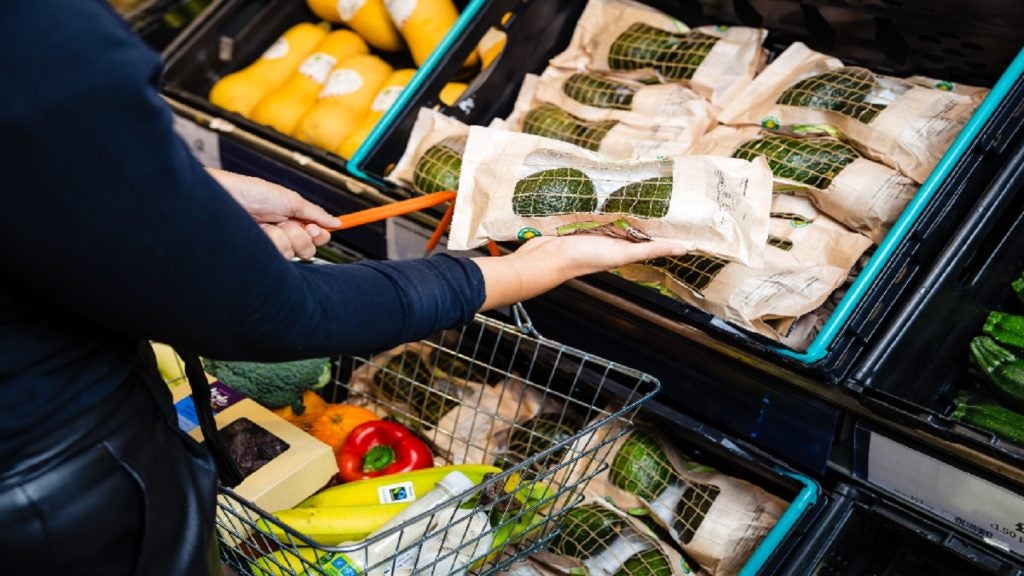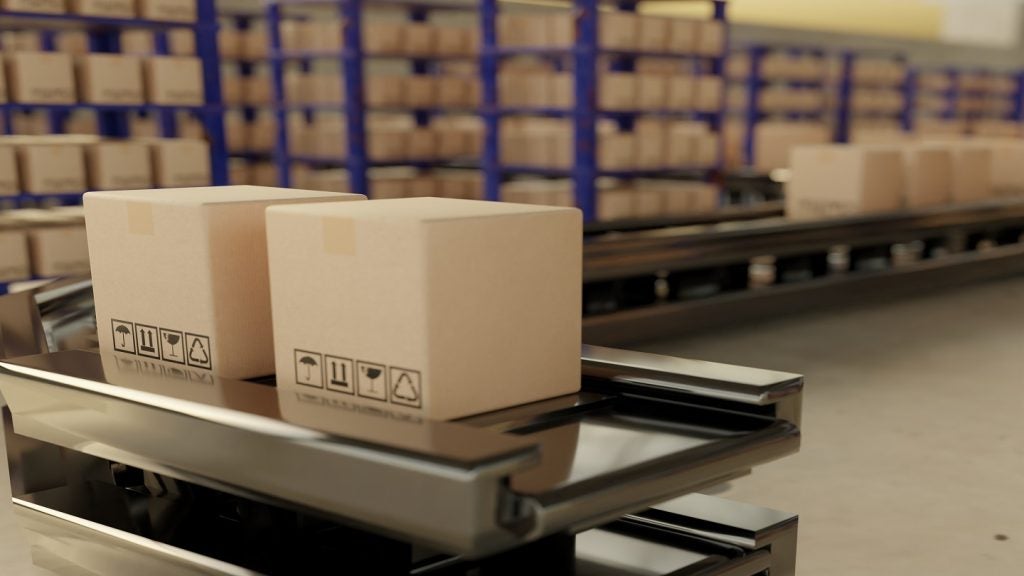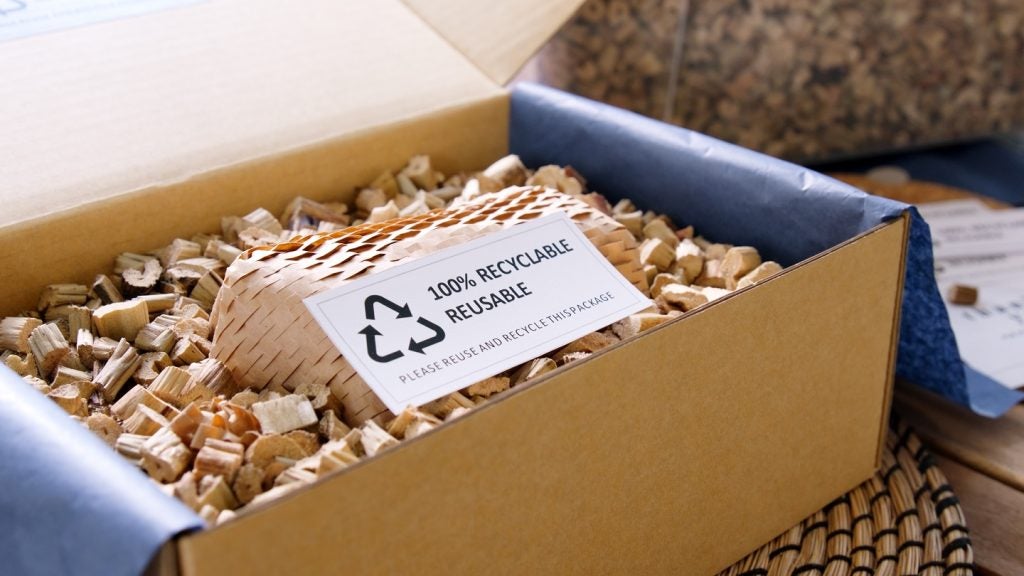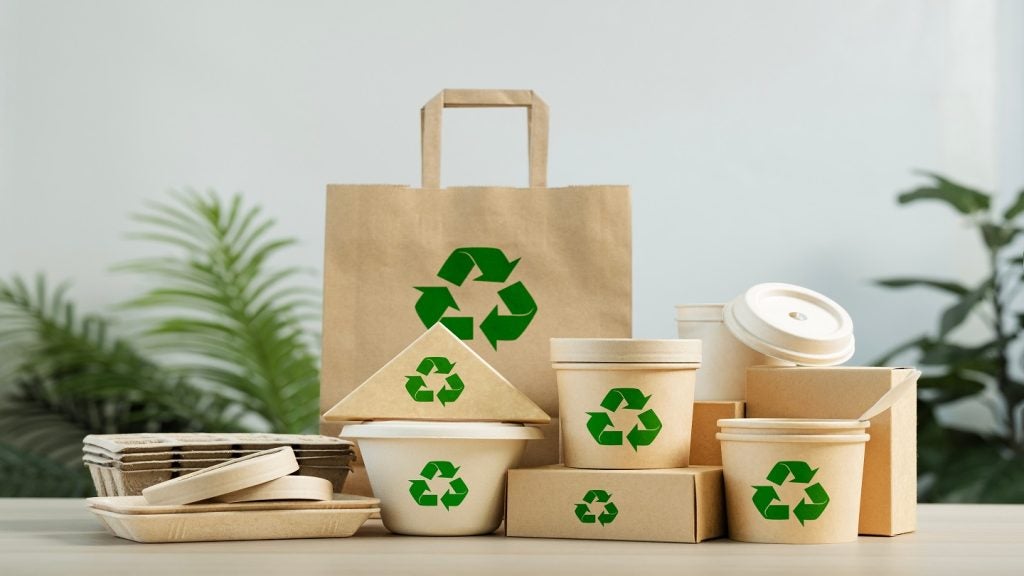Belgium has reinforced its packaging waste management system, urging businesses to comply with Extended Producer Responsibility (REP) regulations.
Introduced by the EU in 1994 and implemented in Belgium by 1997, these rules hold producers and importers accountable for the full lifecycle of packaging.
Companies selling over 300 tonnes of packaging or 100 tonnes of packaged goods must submit detailed annual declarations.
The move is designed to boost recycling rates and ensure sustainable packaging practices across the country. Non-compliance could lead to penalties.
Belgium’s packaging waste management system
Belgium’s approach to packaging waste management is governed by a regulatory framework known as Extended Producer Responsibility (REP).
This system holds businesses accountable for the lifecycle of the packaging they produce, aiming to reduce waste, encourage recycling, and minimise the environmental impact.
For companies selling packaged goods in Belgium, complying with REP requirements is essential for ensuring sustainability and meeting legal obligations.
The role of extended producer responsibility
Extended Producer Responsibility (REP) requires producers or importers of packaged goods to manage the waste generated by their products.
Introduced by the European Union in 1994 and implemented in Belgium in 1997 through a Cooperation Agreement, REP holds businesses responsible for the collection, recycling, and proper disposal of their packaging.
This encourages producers to design products with their end-of-life disposal in mind, ensuring that packaging is more recyclable and less harmful to the environment.
Legal requirements for businesses in Belgium
Businesses operating in Belgium must submit annual declarations on the packaging they sell. This declaration details the amount, type, and recyclability of packaging placed on the Belgian market.
Companies that sell a minimum of 300 tonnes of packaging or 100 tonnes of packaged products are legally required to report their packaging data.
The declaration must cover a wide range of packaging types, including plastic, metal, paper, and glass, with clear objectives on recycling targets. Failure to comply with these obligations may result in penalties.
The importance of compliance
For businesses, compliance with the REP system means contributing to a circular economy and supporting Belgium’s environmental goals. By adhering to these regulations, businesses help reduce waste and improve recycling rates.
The Belgian government works in collaboration with producers to ensure that packaging waste is managed efficiently across the country, with the aim of making packaging recycling rates more transparent and consistent.
For more details on the legal framework and the declaration process, businesses can access comprehensive guides provided by organisations like Valipac, a non-profit organisation that assists businesses with packaging waste management.
By understanding and meeting these regulatory requirements, companies not only avoid legal repercussions but also contribute to Belgium's commitment to sustainability and waste reduction.















